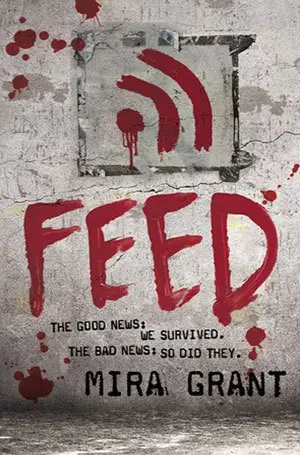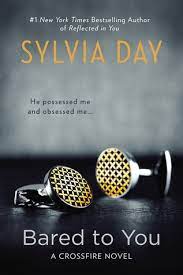
Introduction
In a world ravaged by a relentless virus, two bloggers dare to uncover the truth. Feed by Mira Grant plunges readers into a post-apocalyptic America, twenty years after the devastating “Rising.” In this bleak landscape, a parasitic virus, Kellis-Amberlee, has transformed the infected into mindless creatures driven by a single, insatiable hunger: to feed.
Amidst this chaos, we follow the intrepid Georgina “Tangent” Shaw and her brother Shaun “Darkwave” Mason. As bloggers and truth-seekers, they navigate a world teetering on the brink of collapse, where the line between the living and the undead is blurred.
Main Characters
- Georgina “Georgina” Shaw (also known as “Tangent”): A blogger who runs the blog “Tangent” and is the protagonist of the novel. Georgina is a cynical and sarcastic person, but she is also intelligent and resourceful. She is motivated by a desire to find the truth about the Feed virus and to help others survive.
- Shaun Mason (also known as “Darkwave“): A blogger who runs the blog “Darkwave” and is Georgina’s love interest. Shaun is a more cautious and level-headed person than Georgina, but he is also brave and determined. He is motivated by a desire to protect Georgina and to find a cure for the Feed virus.
Plot
The main conflict of the story is the outbreak of the Feed virus, which is a parasitic worm that takes control of its host’s body. The virus spreads through food and water, and it is almost impossible to avoid infection. The characters must find a way to survive in a world where they can’t trust anyone or anything.
The plot develops as Georgina and Shaun investigate the Feed virus and try to find a cure. They travel to different parts of the country, meeting other survivors and learning more about the virus. They also come into conflict with the government and other groups who are trying to control the spread of the virus.
The resolution of the story is ambiguous. Georgina and Shaun do not find a cure for the virus, but they do learn more about it and how to survive with it. They also find some hope for the future, as they realize that there are other survivors who are fighting against the virus.
Setting
The story is set in a future United States that has been devastated by the Feed virus. The setting is bleak and apocalyptic, with most of the population dead or infected. The characters must travel through a dangerous and lawless world, scavenging for food and supplies.
The setting is an important influence on the characters and events of the story. The constant threat of infection creates a sense of paranoia and mistrust. The lack of resources forces the characters to make difficult choices about survival.
Themes
- The nature of humanity The novel explores the question of what it means to be human in a world where people are being controlled by a parasite. The characters must grapple with the fact that they may not be in control of their own bodies or minds.
- The importance of truth In a world where information is controlled by the government, the characters must find a way to distinguish truth from propaganda. They learn that the truth can be a dangerous weapon.
- The power of hope Despite the bleak setting, the novel is ultimately a story about hope. The characters never give up on their hope for a better future.
Author’s Narrative Style
The novel is written in a first-person narrative style, from the perspective of Georgina. This allows the reader to experience the story through Georgina’s eyes and to understand her thoughts and feelings. The author’s writing style is fast-paced and suspenseful, and she uses a lot of dark humor.
Author’s Point of View
The story is told from the first-person point of view of Georgina Shaw. This gives the reader a unique insight into Georgina’s thoughts and feelings, but it also limits the reader’s understanding of the other characters.
Personal Reflection
Feed is a disturbing but thought-provoking novel that raises important questions about the nature of humanity and the power of truth. The novel is also a lot of fun to read, thanks to the author’s fast-paced writing style and dark humor.
The novel is relevant to current events in a number of ways. The Feed virus can be seen as a metaphor for any number of real-world threats, such as climate change, pandemics, or terrorism. The novel also raises important questions about the role of government and the media in times of crisis.
Conclusion
Feed is a well-written and thought-provoking novel that will stay with you long after you finish reading it. It is a must-read for fans of dystopian fiction.

